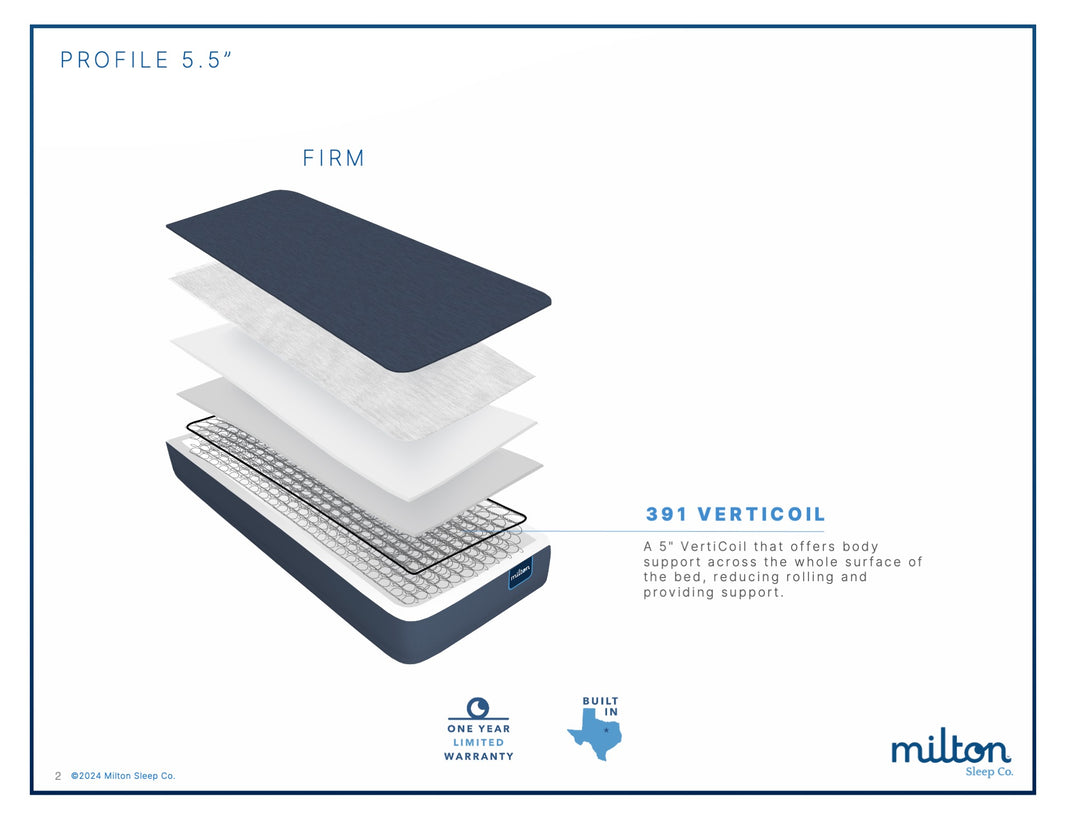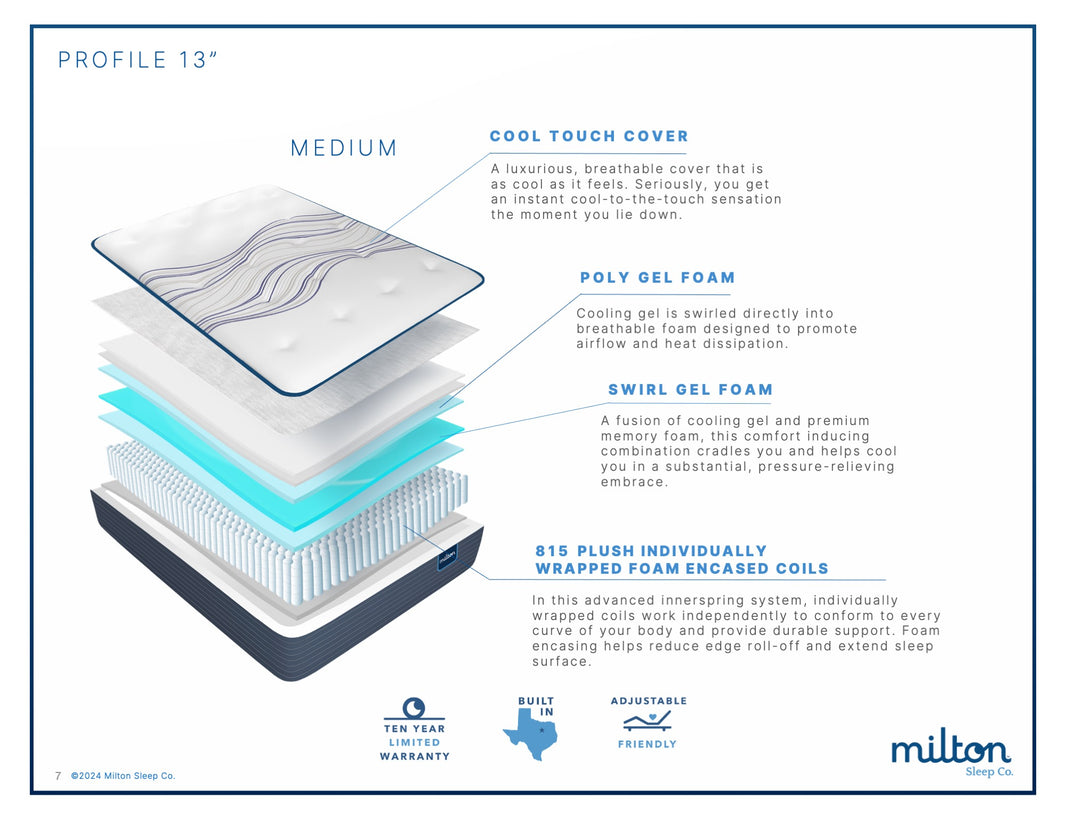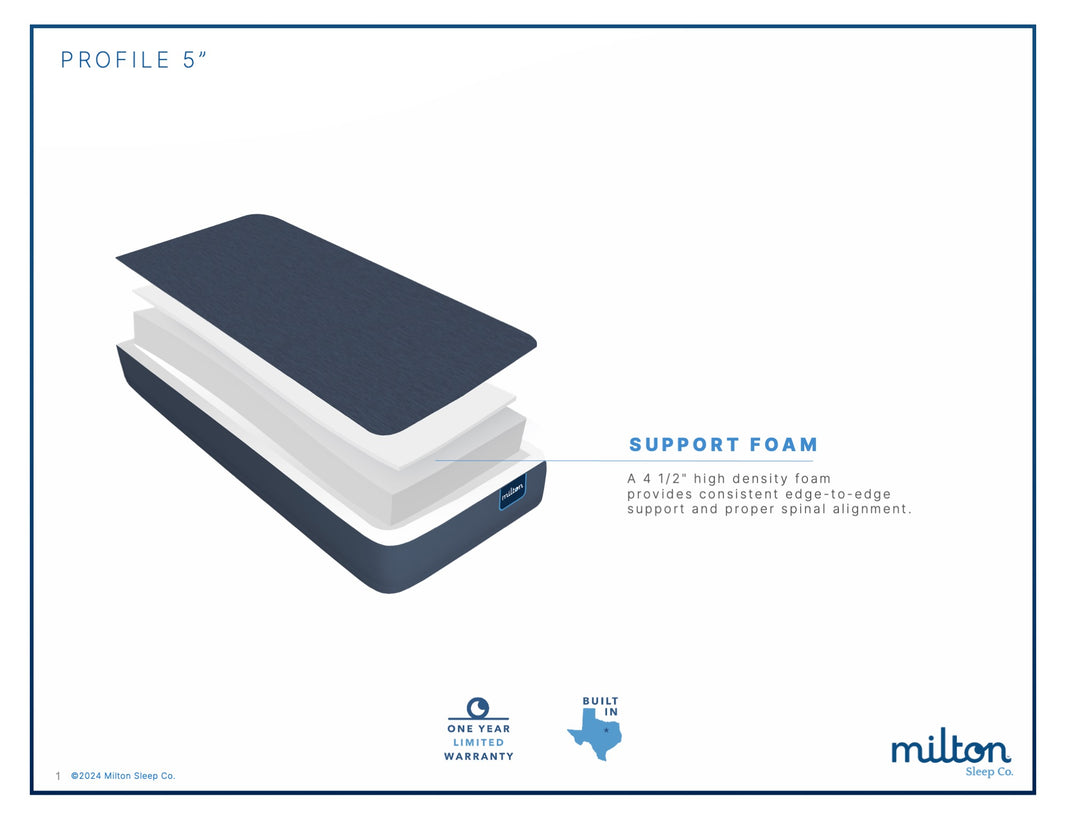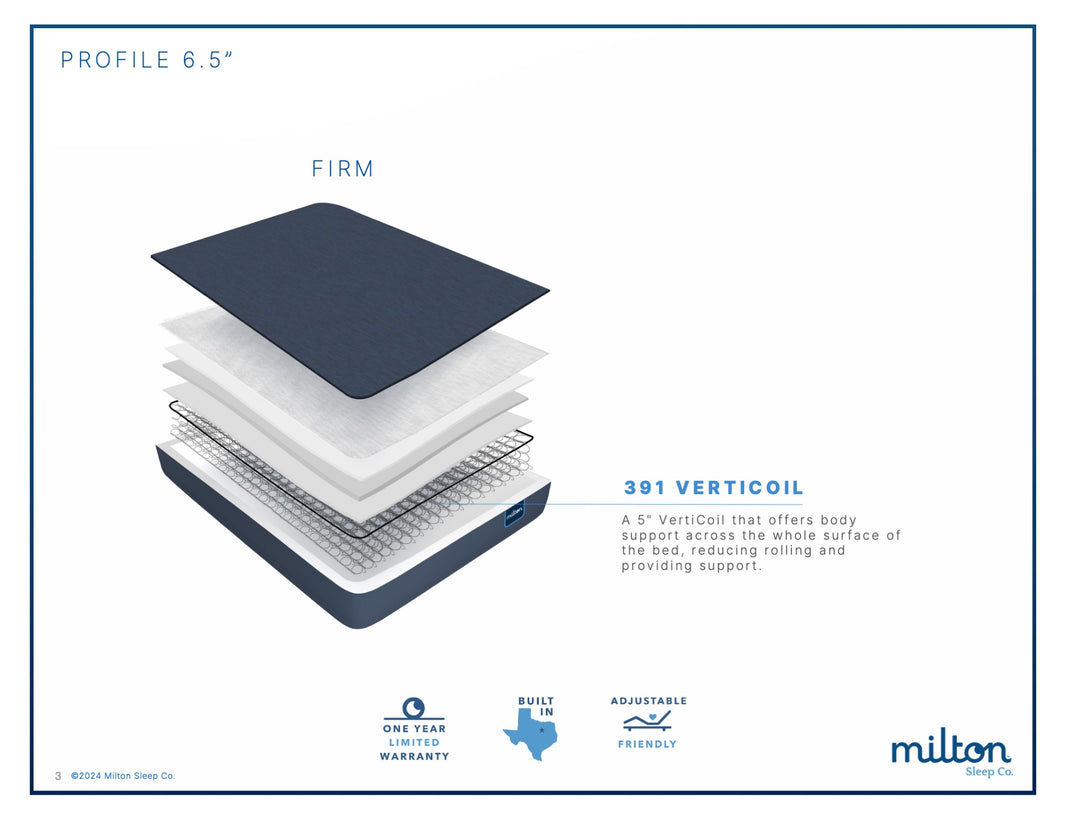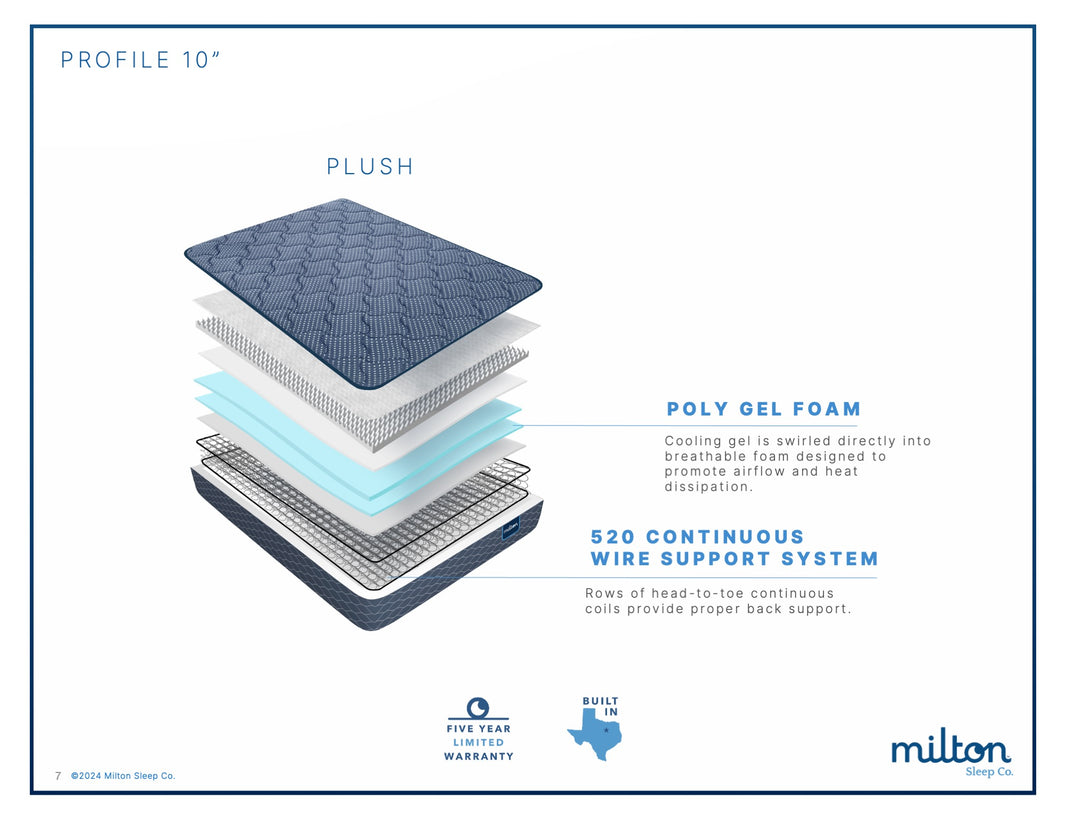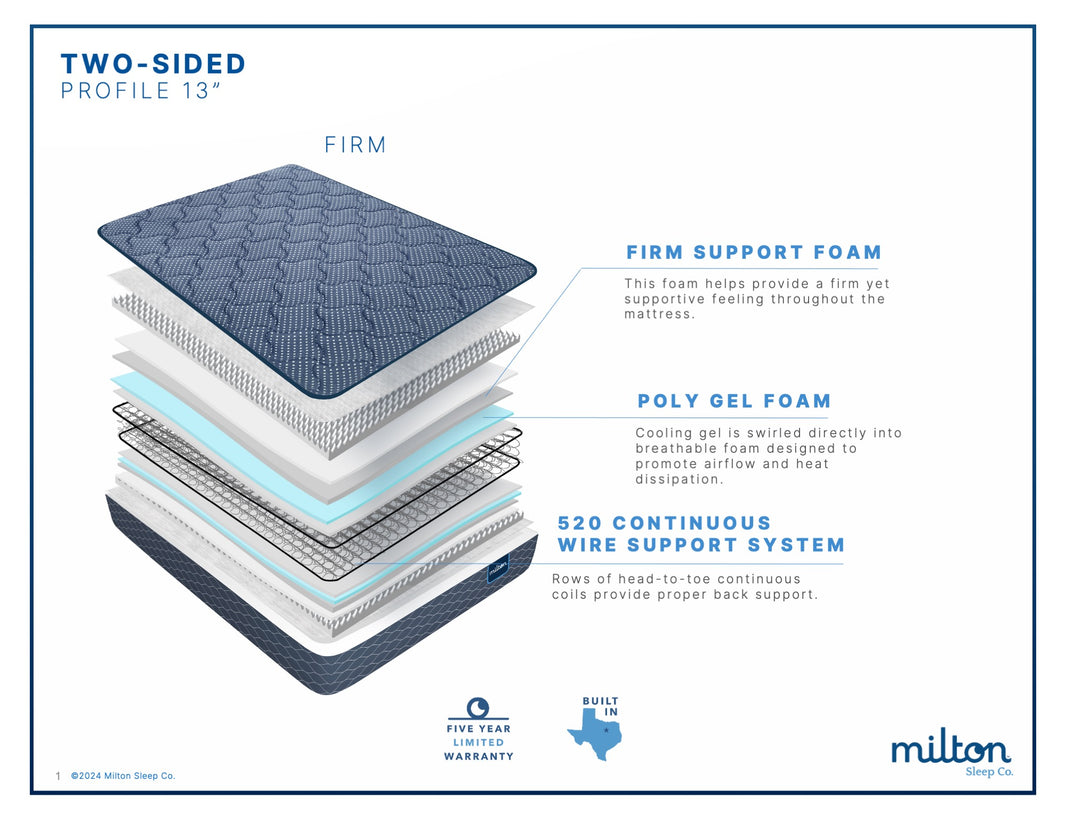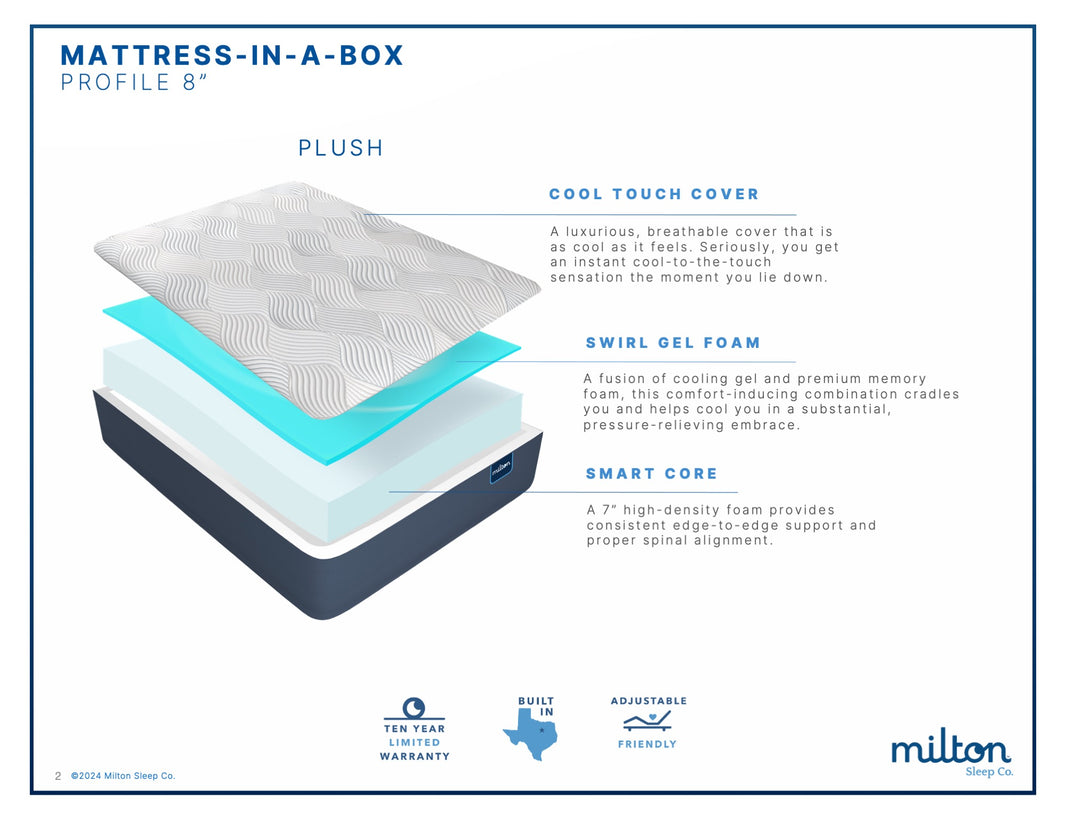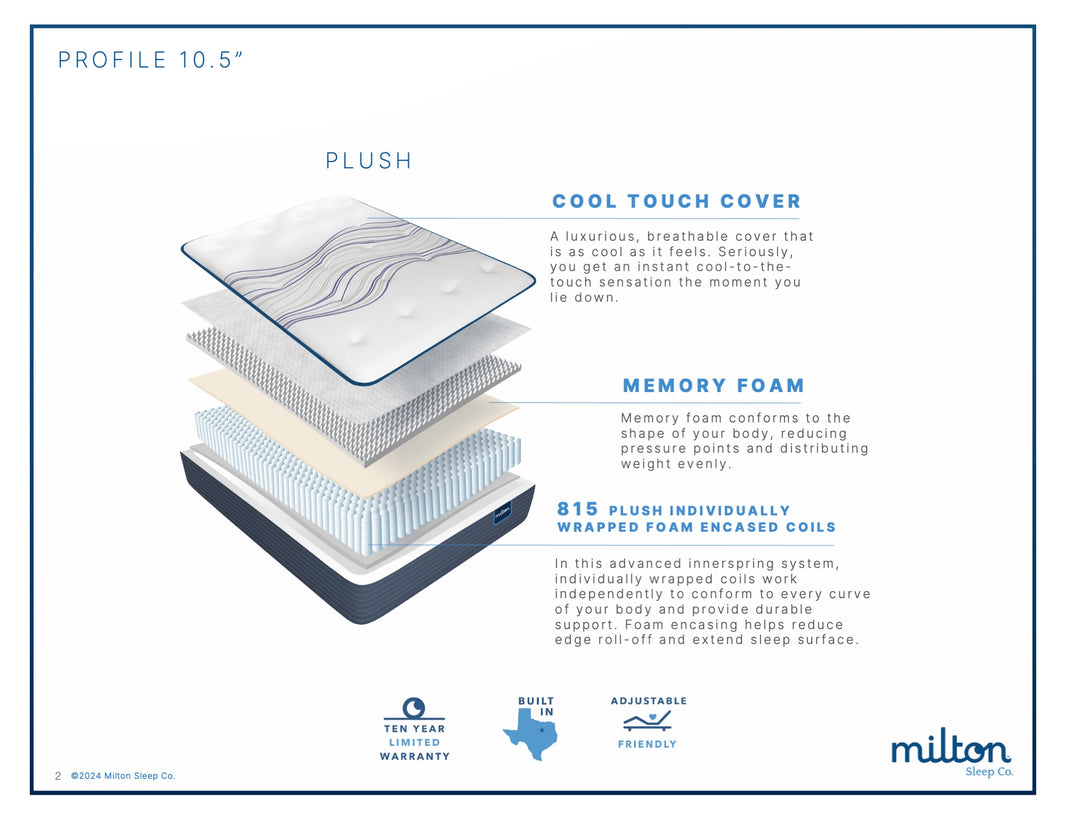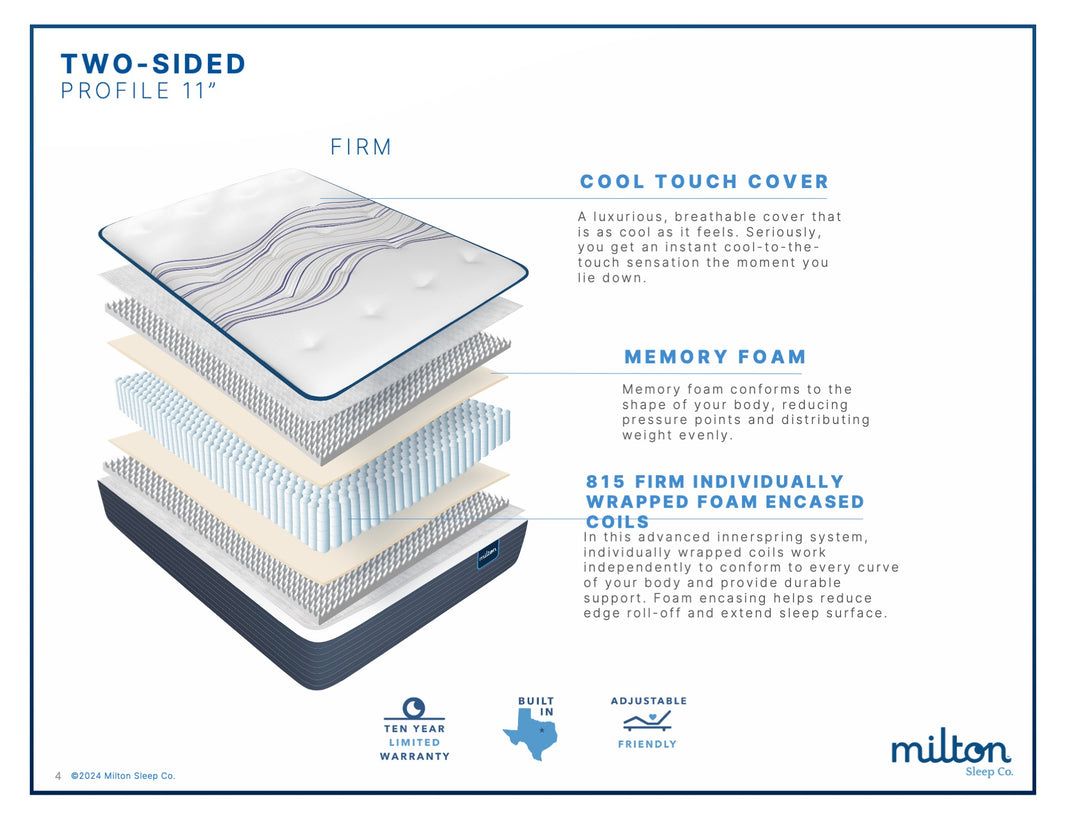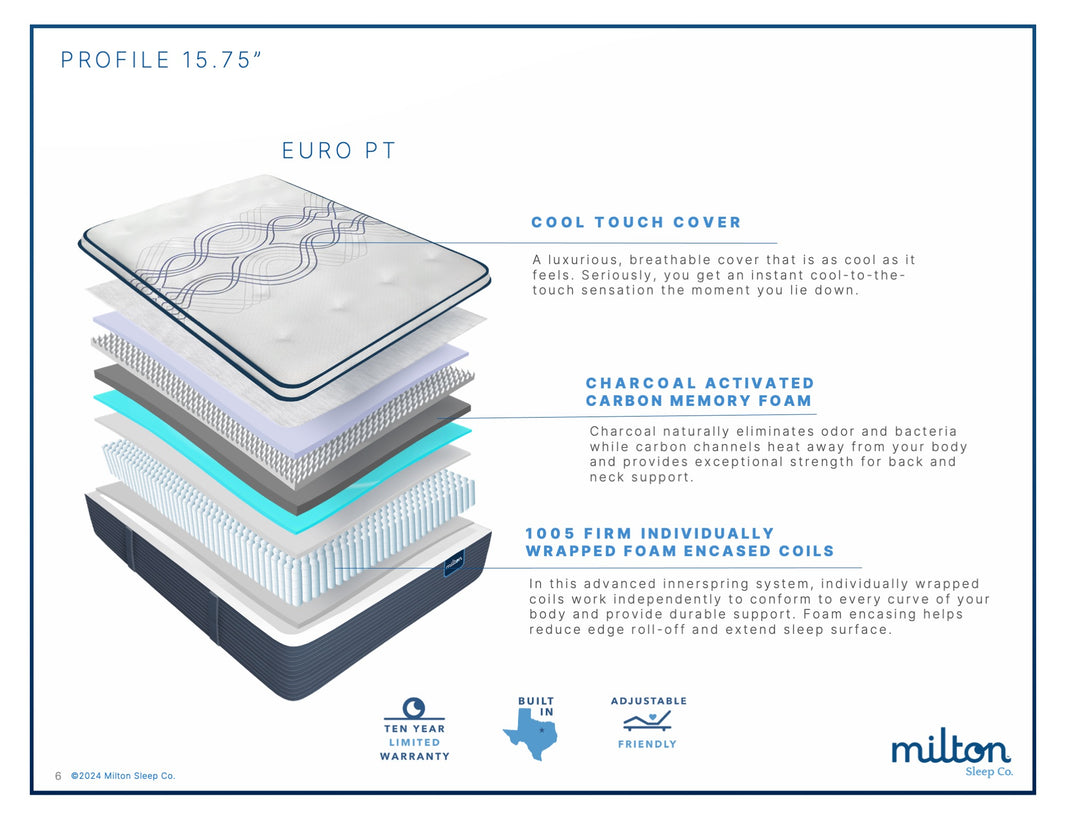All around the world, people have attached meanings and mythology to dreams. Dreams can contain prophecies, reveal secrets about the past, or maybe mean nothing at all – all depending on who you ask.
The purpose behind the vivid hallucinations we have at night continue to evade philosophers and neuroscientists alike. A new theory might help shed some light on why our brains paint these elusive stories for us.
The Purpose of Dreams?
Current leading theories about why we have dreams all revolve around the regulation of brain function. Some scientists believe dreams help support our memories as a way of coding the experiences we have had.
Others believe it is a way for our brain to regulate our emotions and creativity. Others theorize it is our mind testing out our problem-solving capabilities using conundrums created by our own subconscious. Many scientists have concluded that dreams ultimately mean nothing at all, and are simply a result of brain activity while the body rests.
How Dreams Relate to AI
Erik Hoel, a neuroscientist at Tufts University, recently threw a new and exciting theory into the mix. Drawing on advancements made in the artificial intelligence realm, he attaches some of what we have learned in recent years about advanced machine learning to our own minds.
He calls his theory the Overfitted Brain Hypothesis. In it, he suggests that the weird and often other-worldly nature of our dreams can boost our perceptive and cognitive systems.
By exploring environments, events, and scenarios often completely unrealistic in the real world, it makes our brain better equipped to handle new situations. Borrowing from how machines which use Artificial Intelligence teach themselves new patterns and behaviors, Hoel theorizes that through dreams, our brain follows a similar process.
So Do Weird Dreams = Good Health?
Although there is still much research to be done on what dreams are and why we have them, this new theory means that perhaps your nonsensical dreams are actually doing you a favor. They are teaching you how to overcome potential issues in the future using symbols!
As fun and entertaining as some of these dreams may be, it'd be great if our brains could figure out a way to teach us more directly. But until then, enjoy the good ones and do your best to avoid nightmares.
Of course, we recommend exercising your dream realm cognitive abilities than on an ultra-comfortable Milton mattress.


